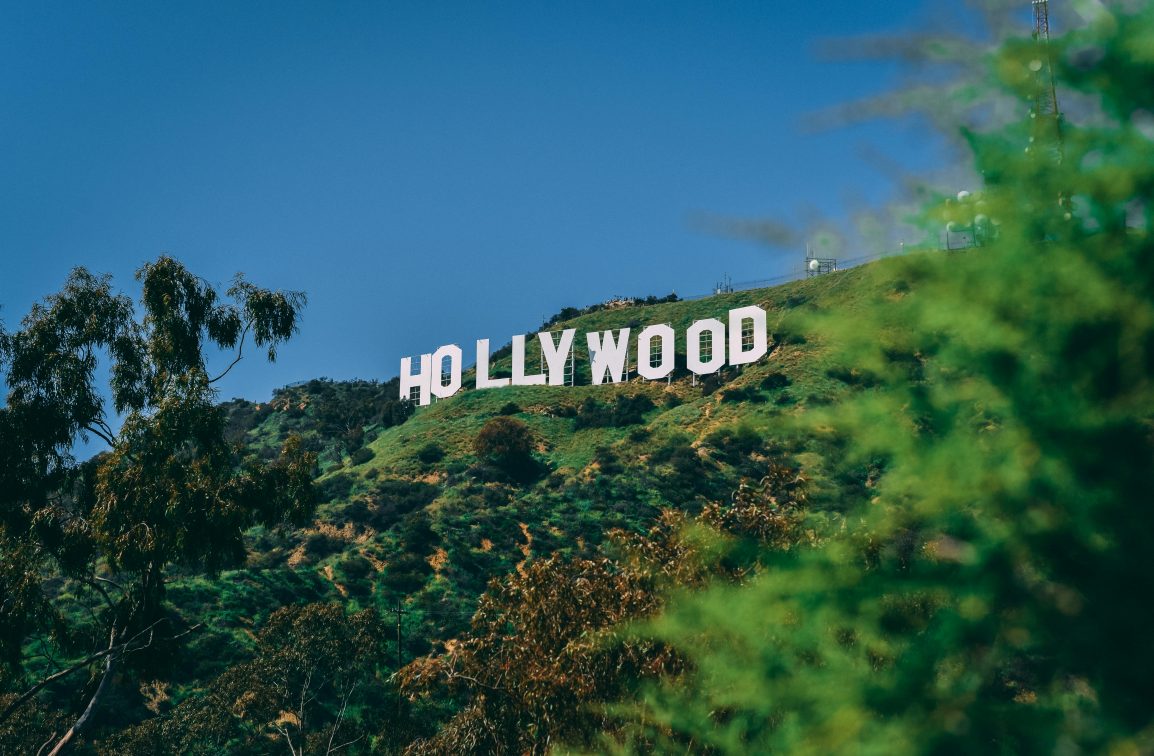When we talk about representation, it’s very easy for people to label it a numbers game: how many women, how many people of color, how many diversities? A quota to fulfil, perhaps, but if we stop there, we miss the heart of the matter. It is no longer just about the fact that they appear, a checkbox to tick: it’s about why they appear, how they seem, and what stories they portray. Real representation is authenticity. It’s giving people the due depth, complexity, and humanity rather than relying on stereotypes or token inclusions for textbook agreements.
The Screen & Its Almighty Power
For many people, the screen becomes the first impression of different cultures, personalities, genders, and identities, making interaction all the more important. Those portrayals shape empathy, prejudice, and aspiration. For example, if a young girl were only to see films where a female lead is just a secondary character, then leadership and central roles will never be what she aspires to be. A boy who sees people of his race always depicted as villains may subconsciously internalize shame. The narrative perspective must be clear and deliberate to ensure the impact is not harmful.
People shape their personalities based on what they see in the media. If victimized, always the victim. If villainized, always the villain. The media plants the scripts in our heads, leading to a story that we never wrote. This makes representation an instruction dictating how people see others and, more dangerously, themselves.
In the course of History
In the past, representation could be synonymous with absence. Hollywood, in particular, has a long history of “whitewashing”- allowing white people to portray exaggerated or offensive versions of stereotypical characters, tunnel-visioning the public’s image of certain groups. The silence history has offered time and time again is now reflected in the minds of those who simply make judgments on the stereotypes seen on their favourite shows. While not a justification, the person cannot be truly blamed if that is all they have ever known?
In recent years, films like Black Panther and Crazy Rich Asians have demonstrated that diverse stories are not niche, but rather globally celebrated. They allow the celebration of diversity in its truest form, ensuring that no story goes untold. Access to the internet and streaming platforms for newer, younger artists widens the playing field, allowing marginalized storytellers with a story worth sharing to access global audiences where their stories can be told untarnished, unaltered, and unfiltered.
Intersectional Realities
But representation must go beyond surface diversity. There are layers to personality. When ignored, you risk flattening people in one-dimensional portrayals. For example, women of color often face double the bias compared to white women or men of color. Accurate representation means acknowledging those overlaps and creating nuanced portrayals that reflect the full spectrum of human experience. It matters purely because, without it, representation becomes a performance.
Representation can go wrong when it’s forced or shallow. A “token” character inserted just to tick a diversity box does more harm than good. Ironically, it reinforces a stereotype because a classic narrative is picked to ensure that people are “rightfully represented.” A cosmetic showpiece indicates ornamental displays of an ignorant man’s claims of being just and fair, or simply to avoid public judgment or critique.
Horizons
The future of representation is not dependent upon seeing “more” of a certain face on the screen. It’s not
about letting the story of famed individuals spark inspiration. It’s not about making a statement to the world. It is about whether children grow up believing their voices matter in the world’s narrative. Every frame of film, every character arc, and every choice of casting either affirms or denies that sense of belonging. Diversity is not about display; it’s about its own reality —the messy, the flawed, the apologetic, the unsavoury, but ultimately, the truth.
In other words, representation as a whole can be posed as a question: Who gets to be seen & who gets to matter? A question that deserves an incomprehensibly urgent answer.
Looking for some diverse film recommendations? Click here!

